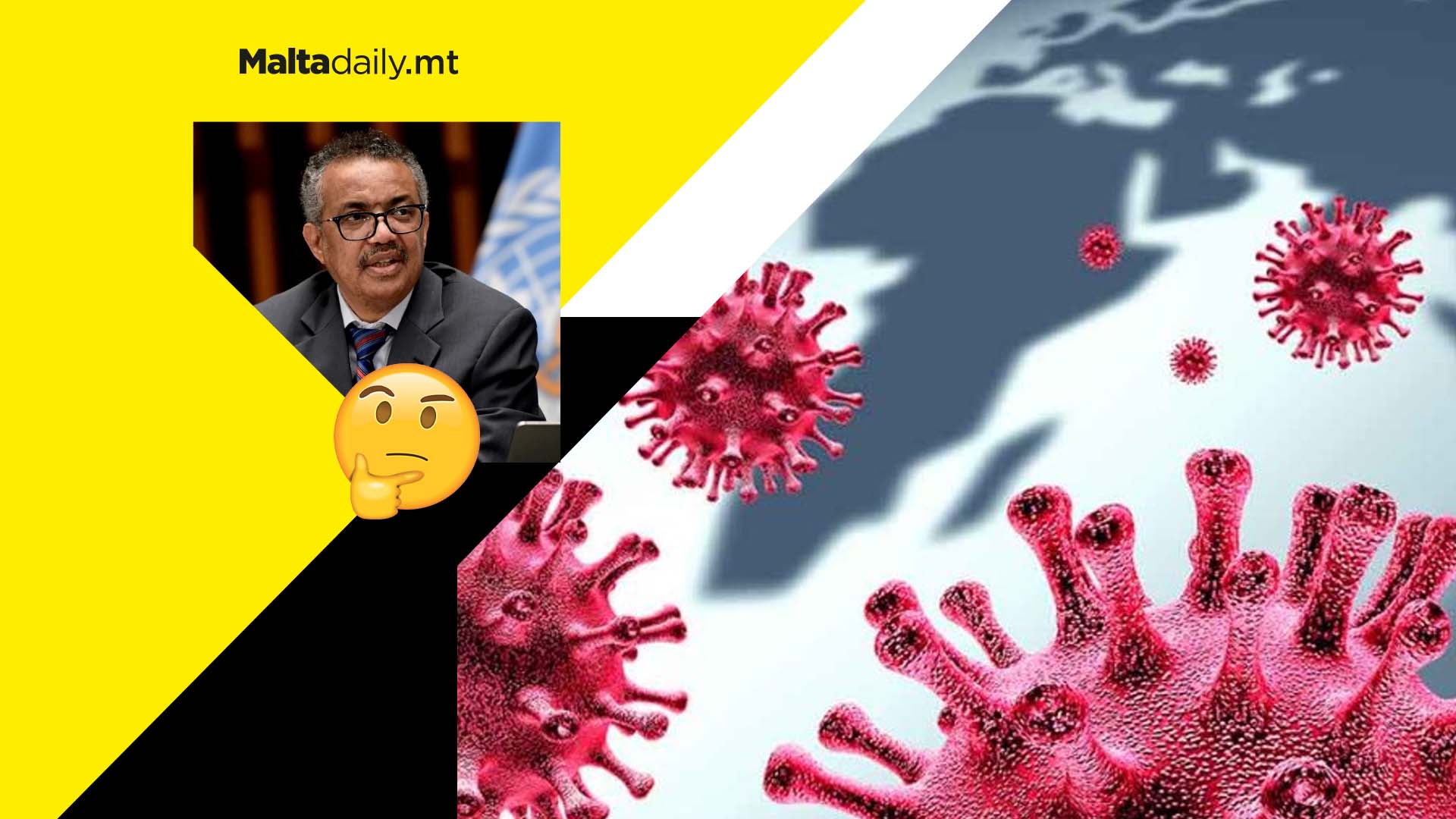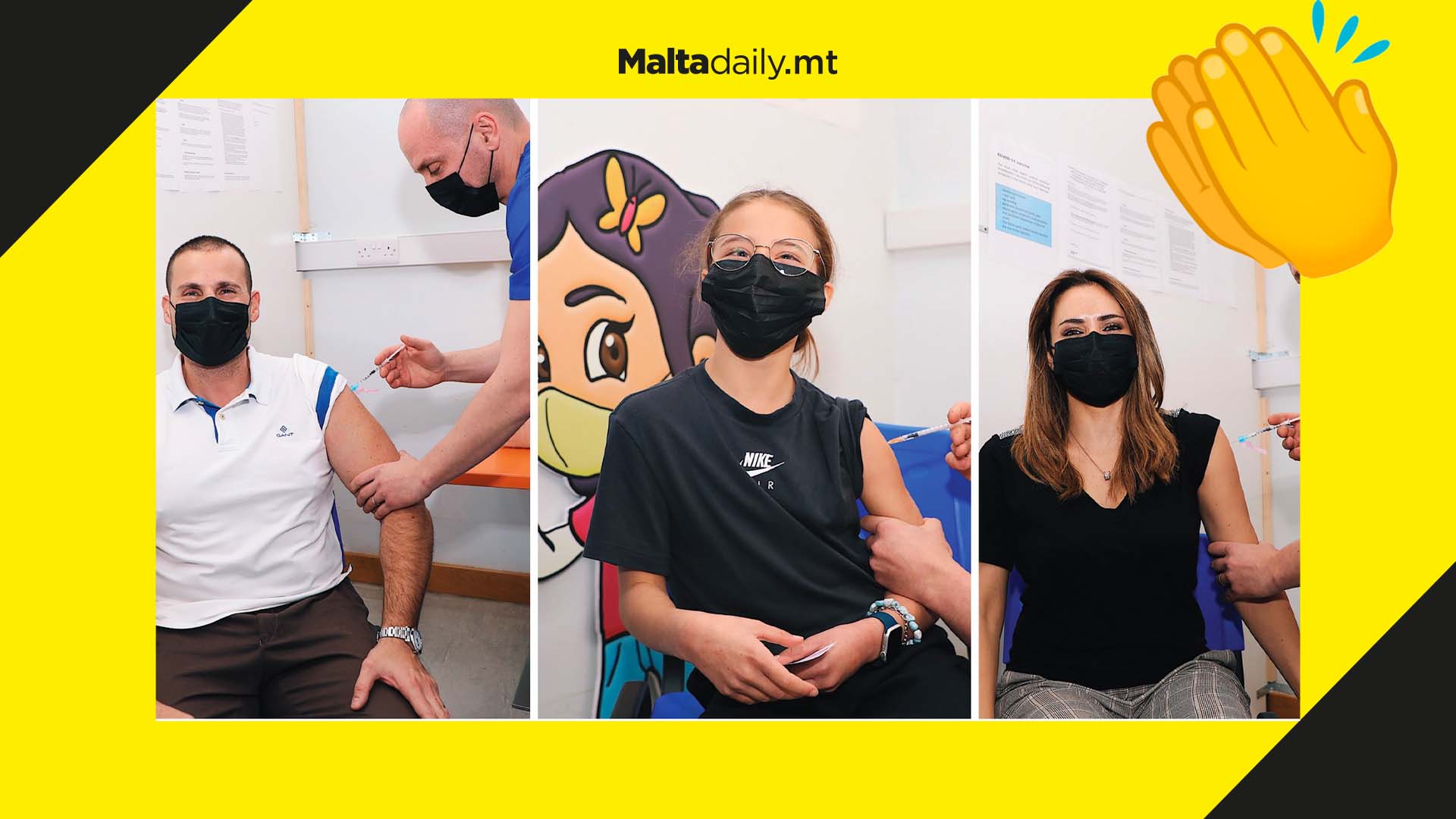
Encouraging data showing that infections from Omicron variants aren’t as severe has prompted South Africa’s government to drop quarantine restrictions for all but symptomatic people.
This means people who have tested positive but show no symptoms can gather with others as long as they wear a mask and practice social distancing.
One health official also explained that since the variant spreads so quickly, it is likely there are many infected people interacting with others and thus no longer makes sense to quarantine only those who tested themselves.
This is also a move which may suggest that countries around the globe will have to find a new way to live with COVID-19. A committee of experts passed the recommendations to the South African government, calling for a focus on vaccination rather than quarantine and contact tracing.
Professor Francois Venter, a researcher at the University of the Witwatersrand in Johannesburg, said that ‘there is greater recognition that, in the face of a hyper-contagious variant like this, quarantining and isolation are no longer effective as public health containment measures’.
With new measures going into effect immediately, the revisions were based on data which shows that immunity resulting from previous infections was as high as 80%. With a vaccination rate of nearly 45% among adults, hospitalisation has been kept lower.
As health officials all around the world assess the impact of Omicron, it is likely that this move by South Africa will prompt other changes around the world.
#MaltaDaily
Photo Source: BBC









